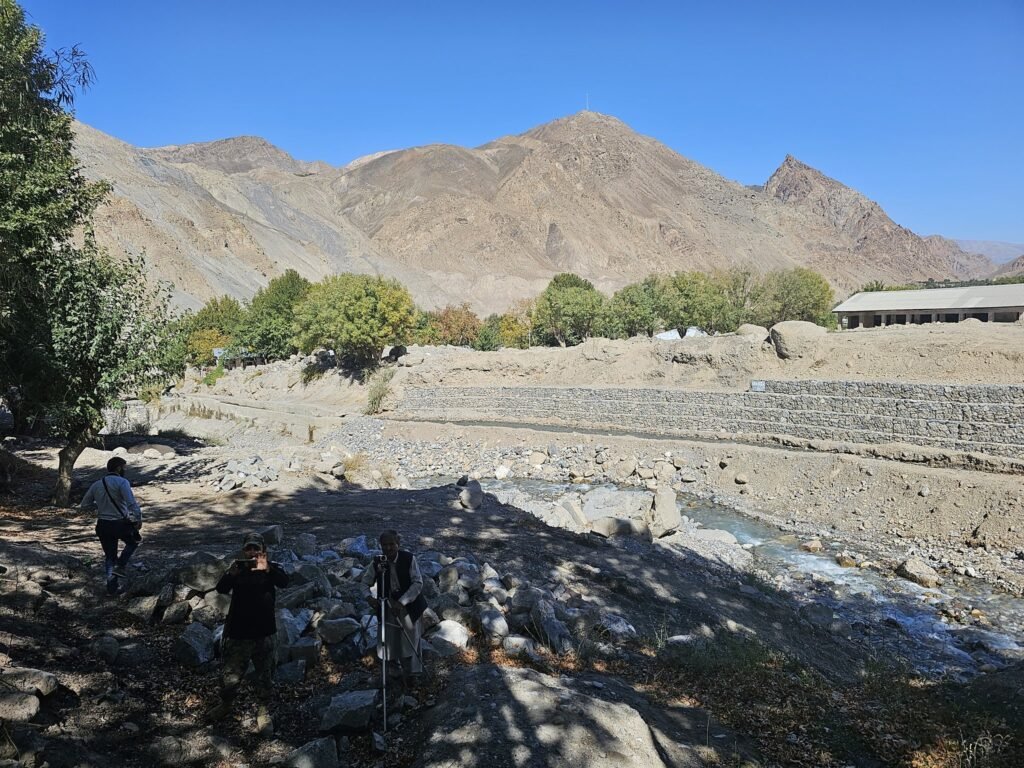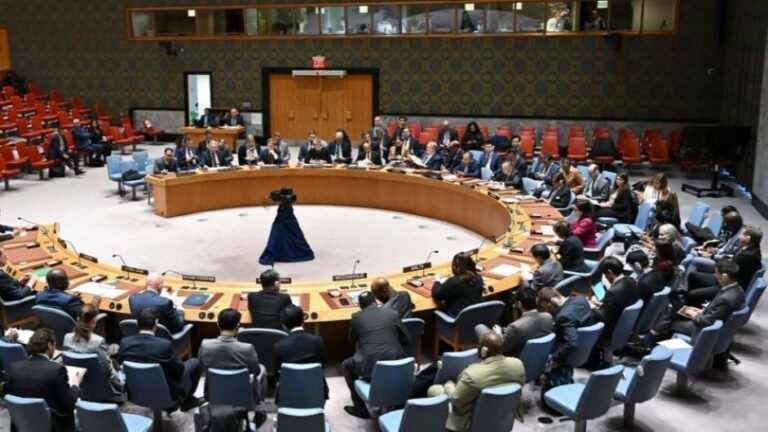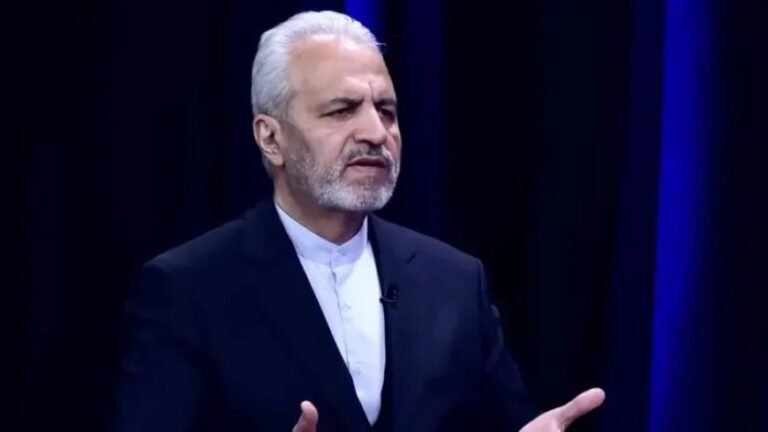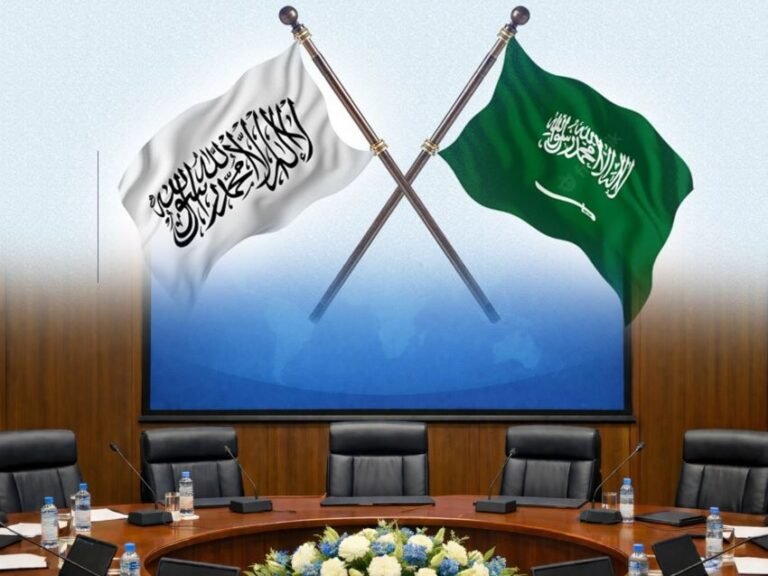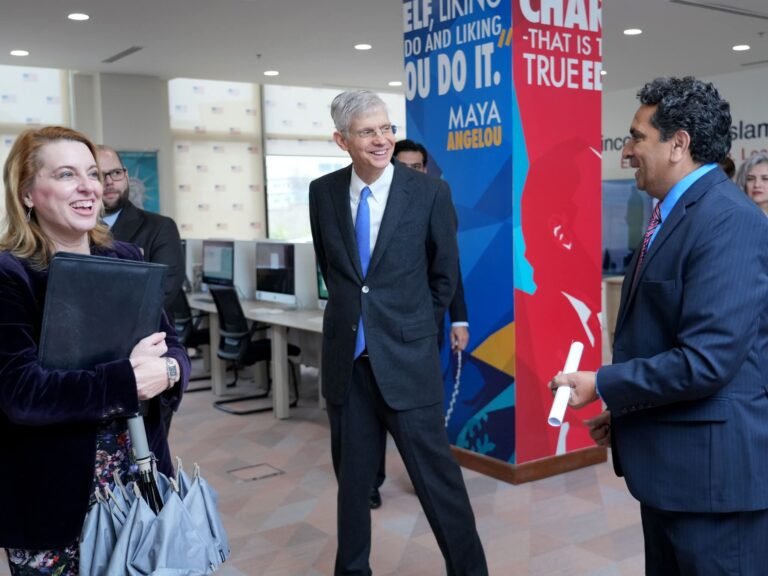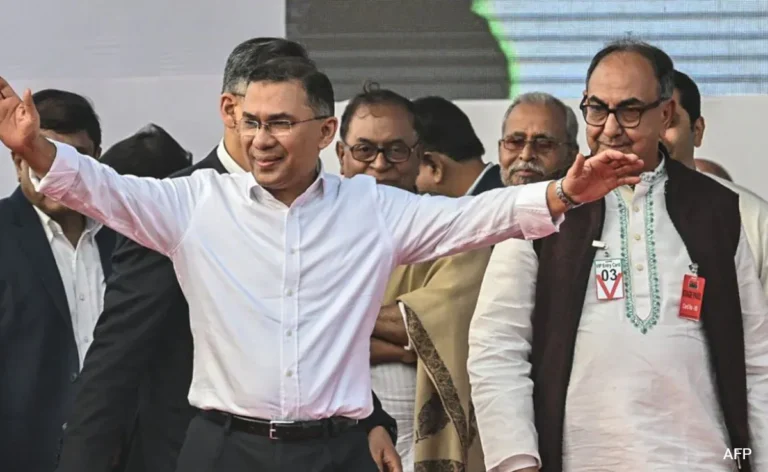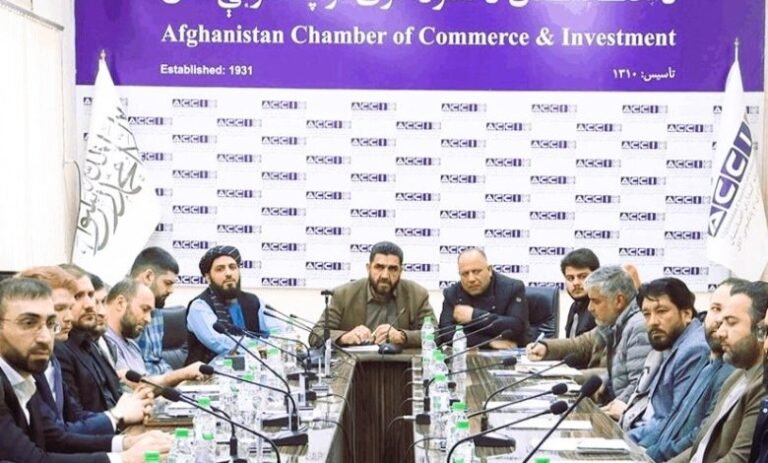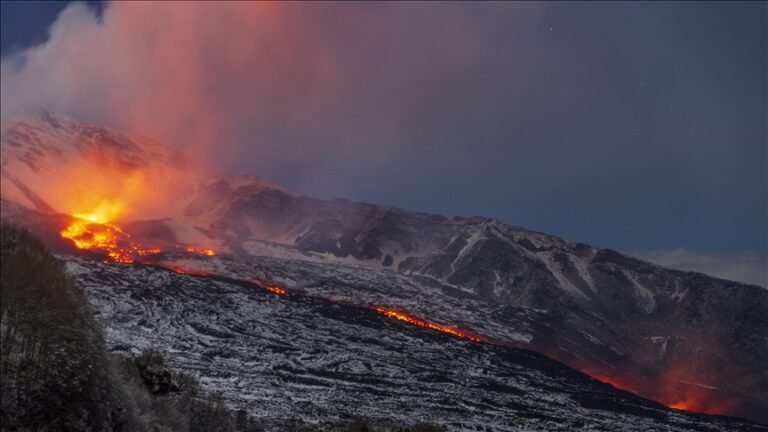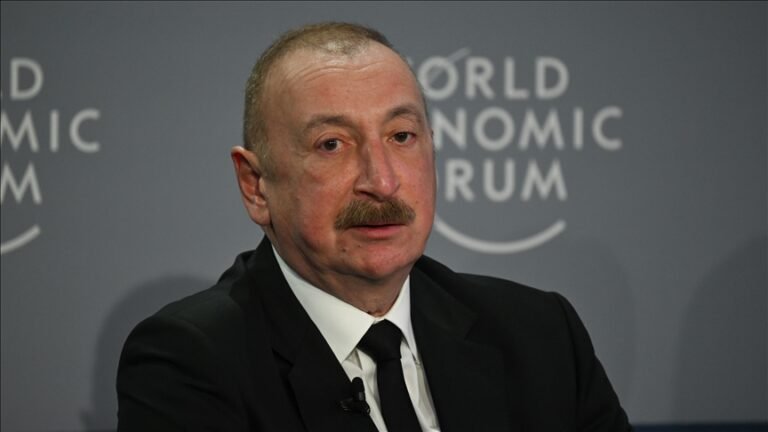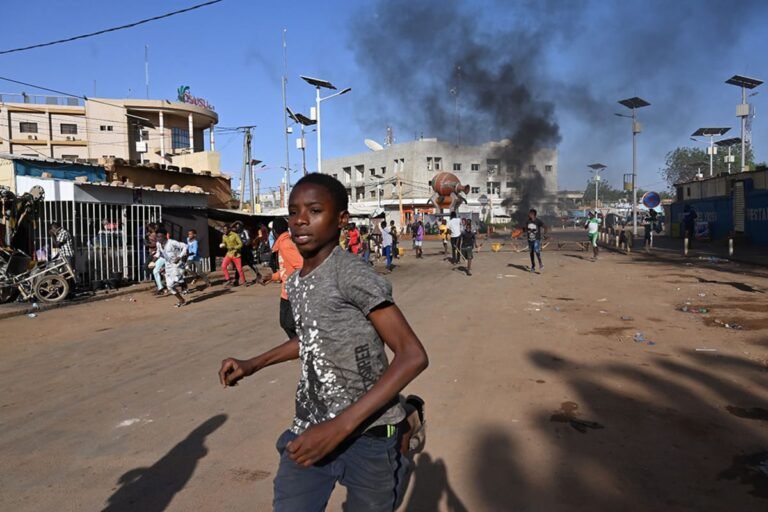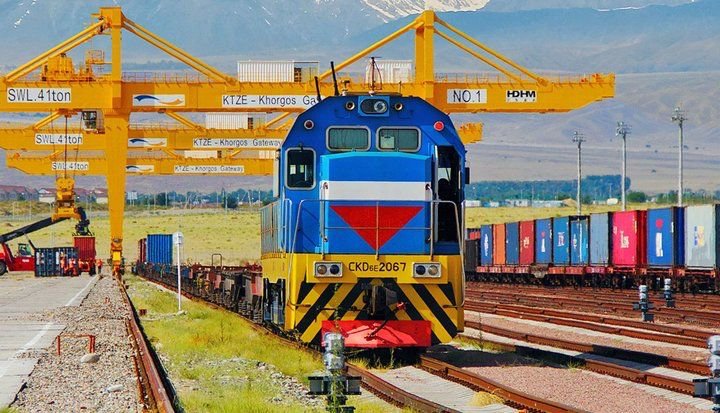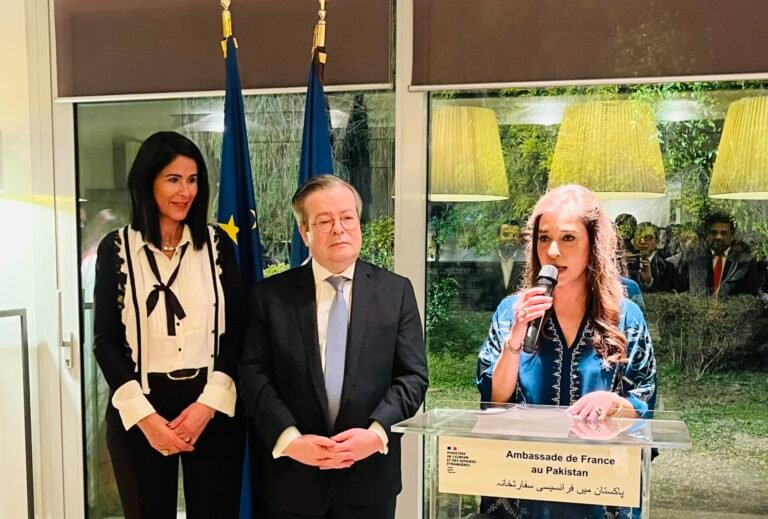Chitral, 13 October 2023 (TDI): UNDP Pakistan’s Resident Representative, Samuel Rizk, engaged in discussions on the region’s development priorities during a meeting with Deputy Commissioner Upper Chitral, Muhammed Irfan Ud Din.
#UNDPinPakistan RR @samuelrizk met DC Upper Chitral to discuss the region's development priorities & initiatives undertaken by UNDP 🇵🇰 in the area & reinforced their shared commitment to combat #ClimateChange & mitigate the impact of GLOF events. 🌱🌊 pic.twitter.com/Wcw87uHzs2
— UNDP Pakistan (@UNDP_Pakistan) October 12, 2023
They also discussed the initiatives undertaken by UNDP Pakistan in the area, and they reaffirmed a mutual commitment to combat climate change and mitigate the impact of GLOF (Glacial Lake Outburst Flood) events.
1/2 A warm traditional welcome in Reshun, Upper Chitral to inaugurate our Glacial Lake Outburst Flood (GLOF II) risk reduction project. Community owned, designed & implemented at a time when the impacts of climate change on vulnerable communities are more consequential every day pic.twitter.com/dHN6PKOu24
— Sam Rizk (@samuelrizk) October 12, 2023
Rising temperatures in Pakistan’s northern mountain ranges, including the Hindu Kush, Himalayas, and Karakorum, have led to the formation of 3,044 glacial lakes in Gilgit-Baltistan (GB) and Khyber Pakhtunkhwa (KP).
Also read: UNDP & Golf-II meets Additional Chief Secretary Gilgit-Baltistan
Out of these, 33 glacial lakes are susceptible to hazardous GLOF events.
GLOF events are sudden and catastrophic, capable of causing significant loss of life, property, and livelihoods, especially in remote and economically disadvantaged mountain communities.
Over 7.1 million people in GB and KP are at risk, with a significant portion living below the poverty line.
The Scaling-up of GLOF Risk Reduction in Northern Pakistan (GLOF-II) project is an expansion of the previous GLOF-I initiative.
GLOF-I was crucial in preparing vulnerable communities for GLOF risks by implementing early warning systems, enhancing infrastructure, and promoting community-based disaster risk management.
GLOF-II aims to empower communities in identifying and managing GLOF risks and the broader impacts of climate change.
It also focuses on creating sustainable livelihood options, particularly for women, to enhance food security and livelihood opportunities. The project targets 10 districts, impacting approximately 29 million people.
⛑️This International Day for Disaster Risk Reduction, unite to #ReduceDisasterRisks in Pakistan.
— GLOF-ll Pakistan (@Glof2Pakistan) October 12, 2023
👉🏽Watch the video to know more on @glof2pakistan’s inclusive and sustainable interventions, benefitting 696,342 lives in #khyberpakhtunkhwa and #GilgitBaltistan#DRRDay pic.twitter.com/OA2XqvrSbM
The project’s anticipated outcomes include policy revisions to integrate GLOF risk reduction measures, improved early warning systems, the establishment of small-scale engineering structures, and data collection and monitoring through weather stations and river sensors.
Additionally, GLOF-II emphasizes improving food security, introducing water-efficient farming technologies, and reforesting land to combat deforestation and promote sustainable agricultural practices.
These initiatives aim to benefit livelihoods and environmental conservation.
Iffat Masood is Contributor and Content writer on THE DIPLOMATIC INSIGHT, and also Ambassador from IAMCR. She is perusing her PhD. from UAB Barcelona, Spain in Audio-Video Communications and Advertising.
- This author does not have any more posts.

